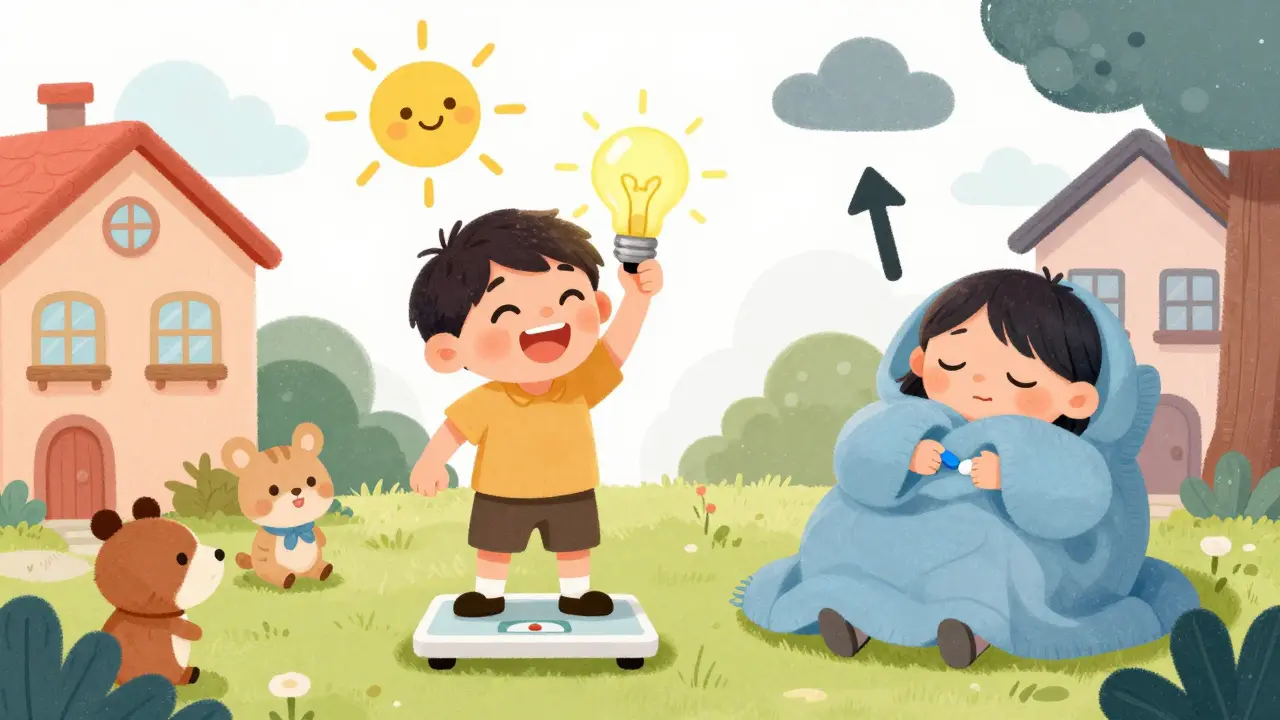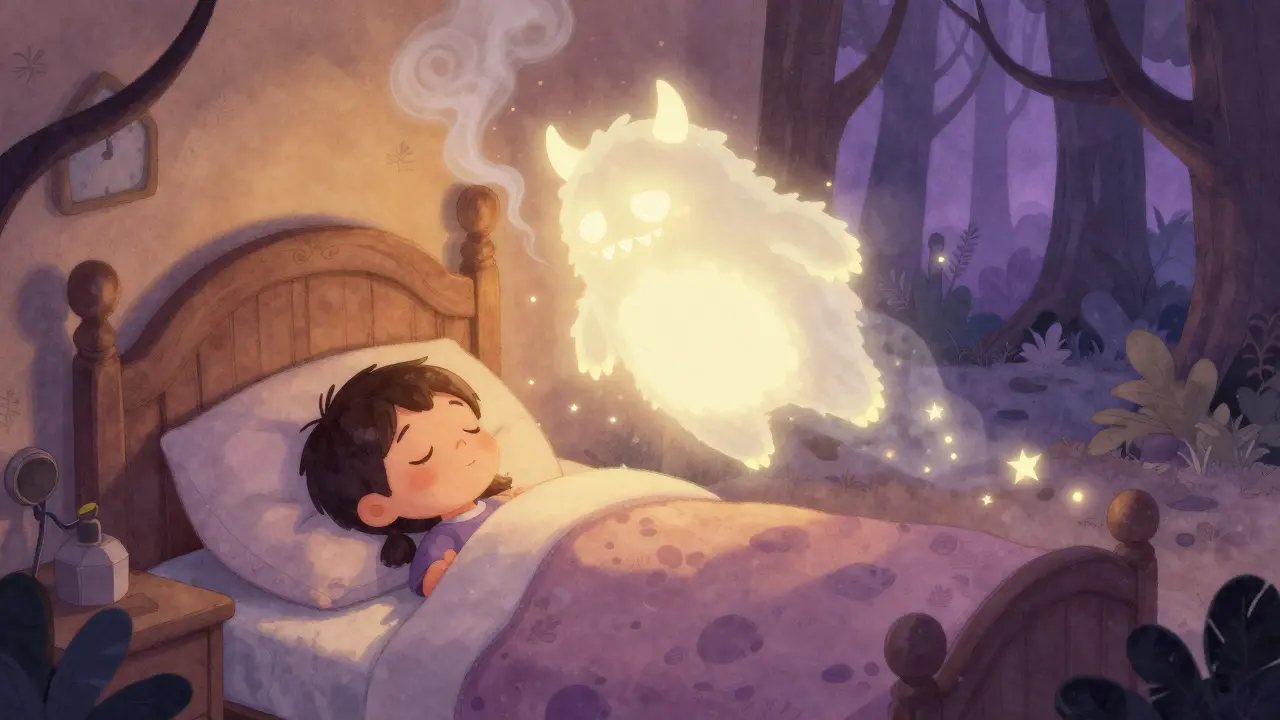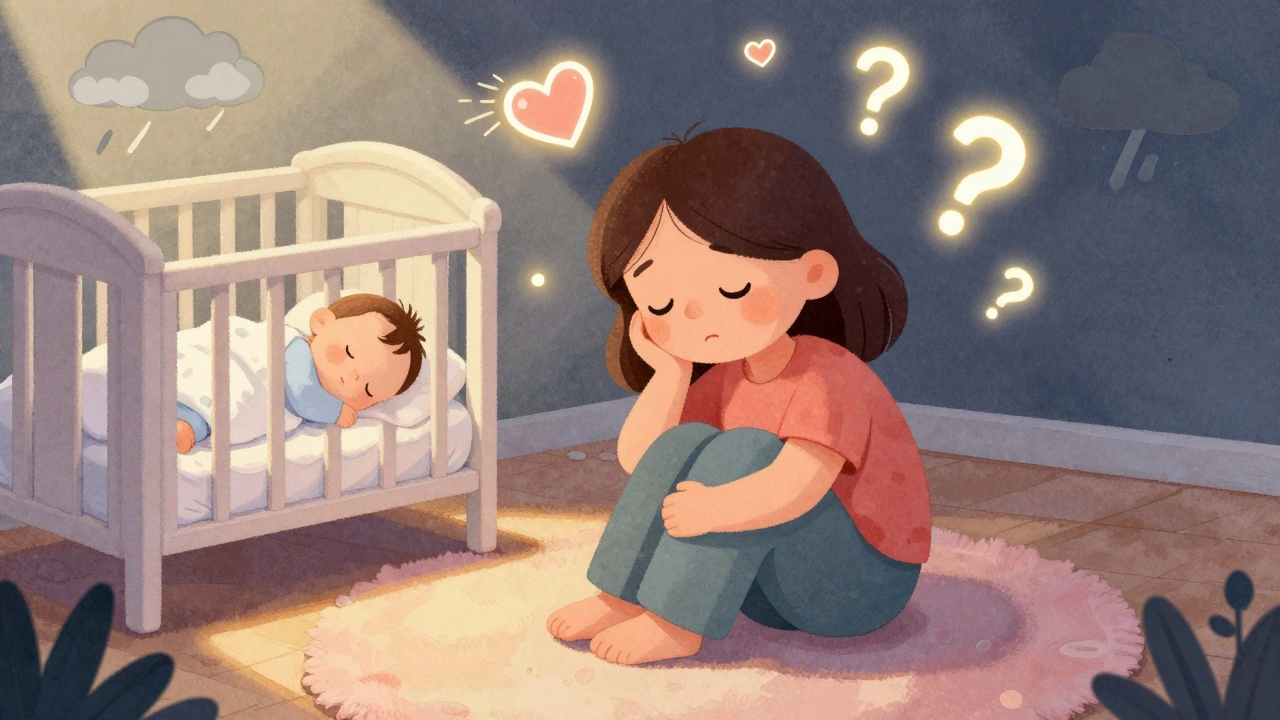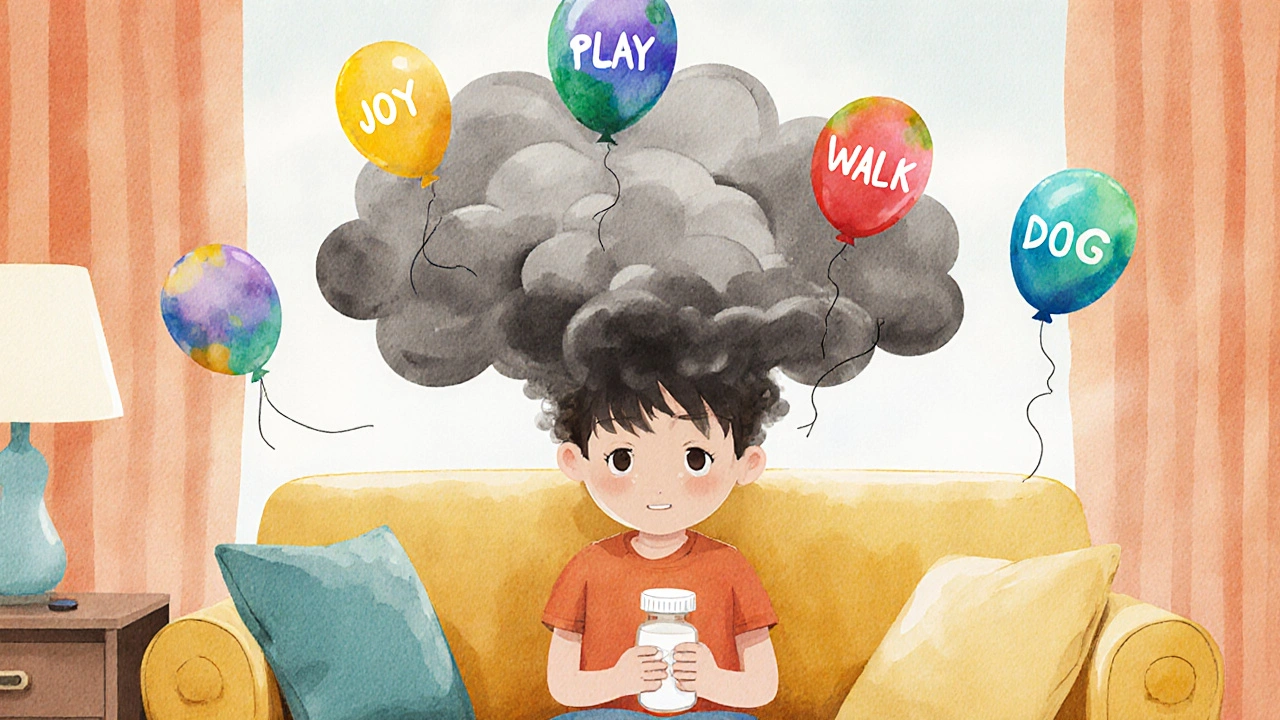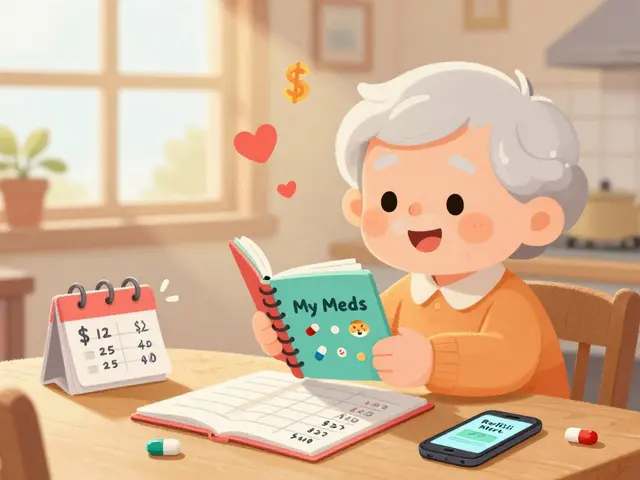Mental Health: What You Need to Know Right Now
Depression and eating problems often show up together, and that overlap changes how treatment should work. If you've felt low for weeks and started changing how you eat—either by restricting, bingeing, or purging—those are not separate issues acting alone. They feed each other, and treating one without the other can leave you stuck.
One clear link is Major Depressive Disorder (MDD). People with MDD can develop eating disorders like anorexia, bulimia, or binge-eating disorder. Low mood can trigger emotional eating or a loss of interest in self-care, while body-image worries and anxiety can deepen depression. There are also brain chemistry shifts—like changes in serotonin—that affect both appetite and mood.
Signs to Watch For
Look for sudden changes in weight, persistent sadness, loss of pleasure, extreme food rules, secretive eating, or frequent guilt after meals. Trouble sleeping, low energy, and social withdrawal often show up with both depression and disordered eating. If you notice these signs in yourself or someone close, take them seriously—early help makes recovery easier.
Practical Steps That Help
Start by talking to a trusted doctor or mental health professional. A combined plan that includes therapy, possible medication, and nutrition support usually works best. Cognitive Behavioral Therapy (CBT) helps with both negative thoughts and harmful eating behaviors. A registered dietitian can help you rebuild a steady eating pattern without shame or extreme rules. If medication is needed, doctors often pick ones that treat mood and reduce obsessive food-related thoughts.
Small daily habits matter: set simple meal times, try brief walks, keep a sleep routine, and cut down on alcohol. These moves don’t fix everything, but they steady the basics so therapy and meds can work better. Share what you’re going through with someone safe—connection reduces isolation and makes tough steps feel doable.
If you ever have thoughts about hurting yourself or feel like you might act on harmful urges around food, get immediate help. Call emergency services or a crisis line in your country. Tell a friend or family member you trust and reach out to a clinician right away.
Want more detail? Our article “The Connection between Major Depressive Disorder and Eating Disorders” explains how depression can trigger eating issues and what treatment looks like when both conditions are present. Read it to learn real-world signs and strategies people have used to get better.
Dealing with mental health can feel heavy, but practical steps and the right support make a big difference. If this sounds familiar, reach out to a professional and start with one small change today.

